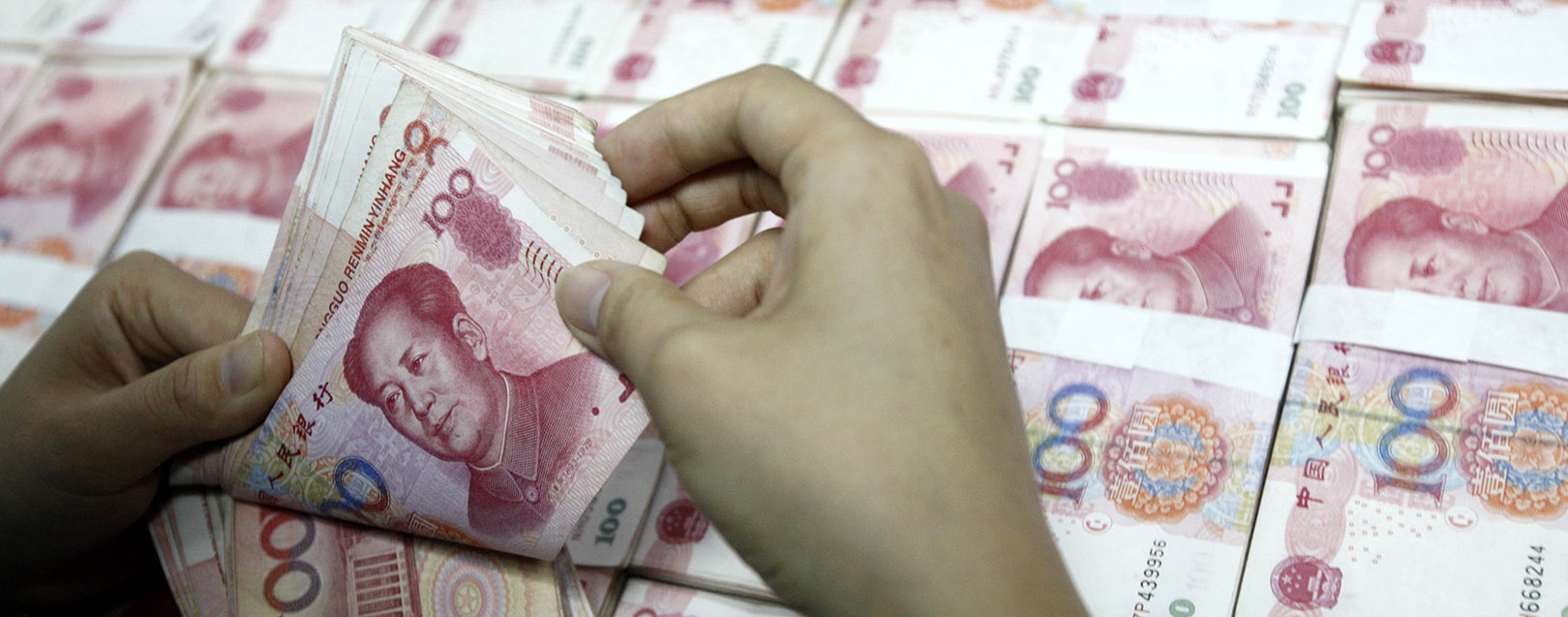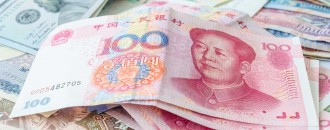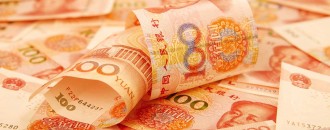
Yuan falls to new 5.5 year low as PBOC stays aside
The Dollar Business Bureau
There are concerns that the People's Bank of China (PBOC) would tolerate a further declining of the yuan, as the central bank seems to have stood on the sidelines, as the Chinese currency reached a new 5 and a half year low against the dollar consecutively for the second session on Monday.
The yuan declined to 6.6642 just after opening on account of heavy dollar buying in the market. This was weakest since December 2010.
In spite of Yuan’s continued decline, there were no indications of intervention by the state banks' on behalf of the People's Bank of China. This is a tacit move, though not by China’s central bank to keep the Chinese currency slide further, said some traders.
Last week, Reuters reported that China’s central bank would bear a decline in the yuan to as low as 6.8 against the dollar this year. This would be equivalent to 4.5 percent depreciation for the year, the same as the record fall of 4.5 percent last year.
The People's Bank of China set the median rate at 6.6472 a dollar before the market opens, 0.04 percent stronger than the last fix of 6.6496.
Spot Yuan started at 6.6550 against the dollar and was selling at 6.6623 at midday, improving 0.07 percent from the last close.
The latest data of China Foreign Exchange Trade System (CFETS) highlighted that the index for the Chinese currency’s value on the basis of trade-weighted basket of the market was at 94.88 in the previous week, a minimum on record.
It is expected that China would report data on foreign exchange reserve for the month of June later this week, while the traders will look for recommendations of revival in the speculative capital outflows, after the currency’s recent falls.
China’s foreign exchange reserves declined to $3.19 trillion, a fall of $27.9 billion in the month of May, lowest since December 2011, possibly because of the effects of a firm dollar and occasional official intervention.






 to success.
to success.